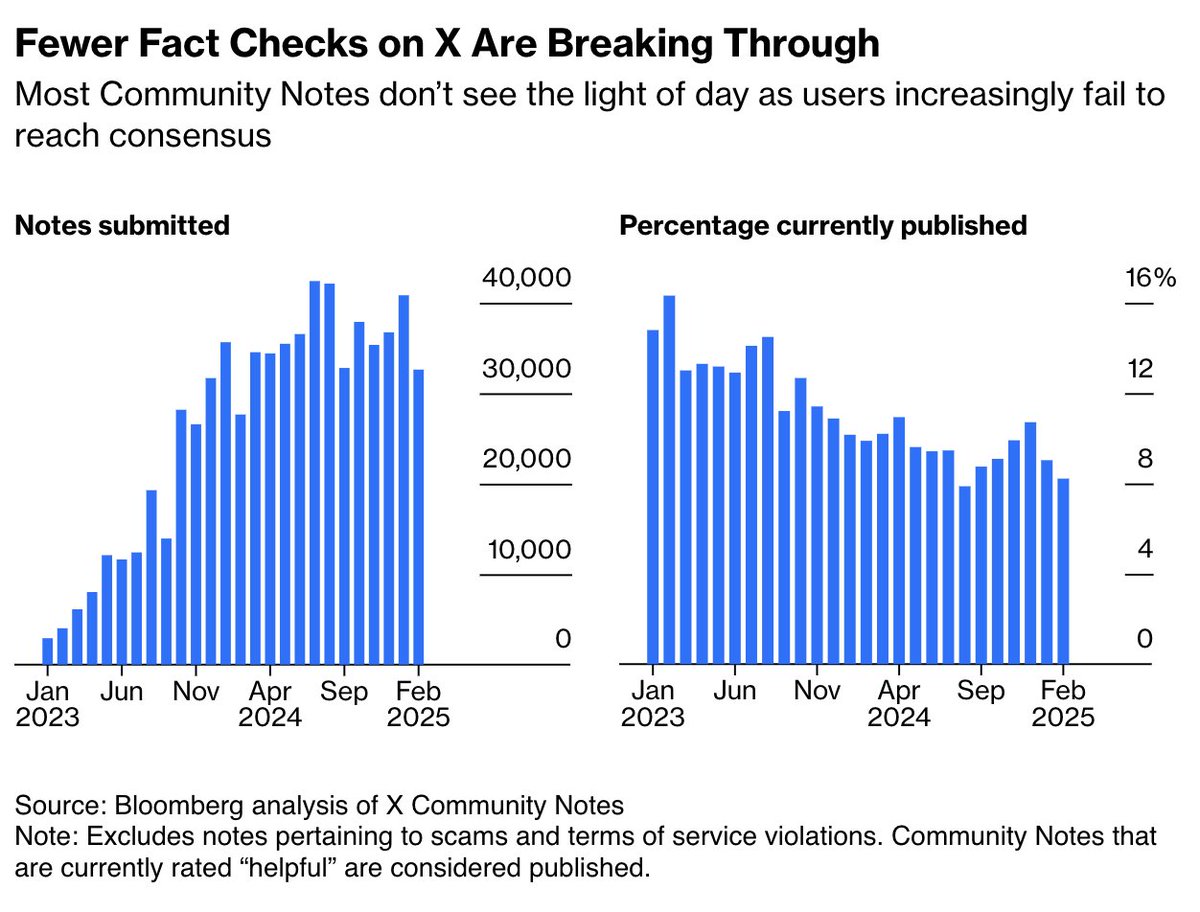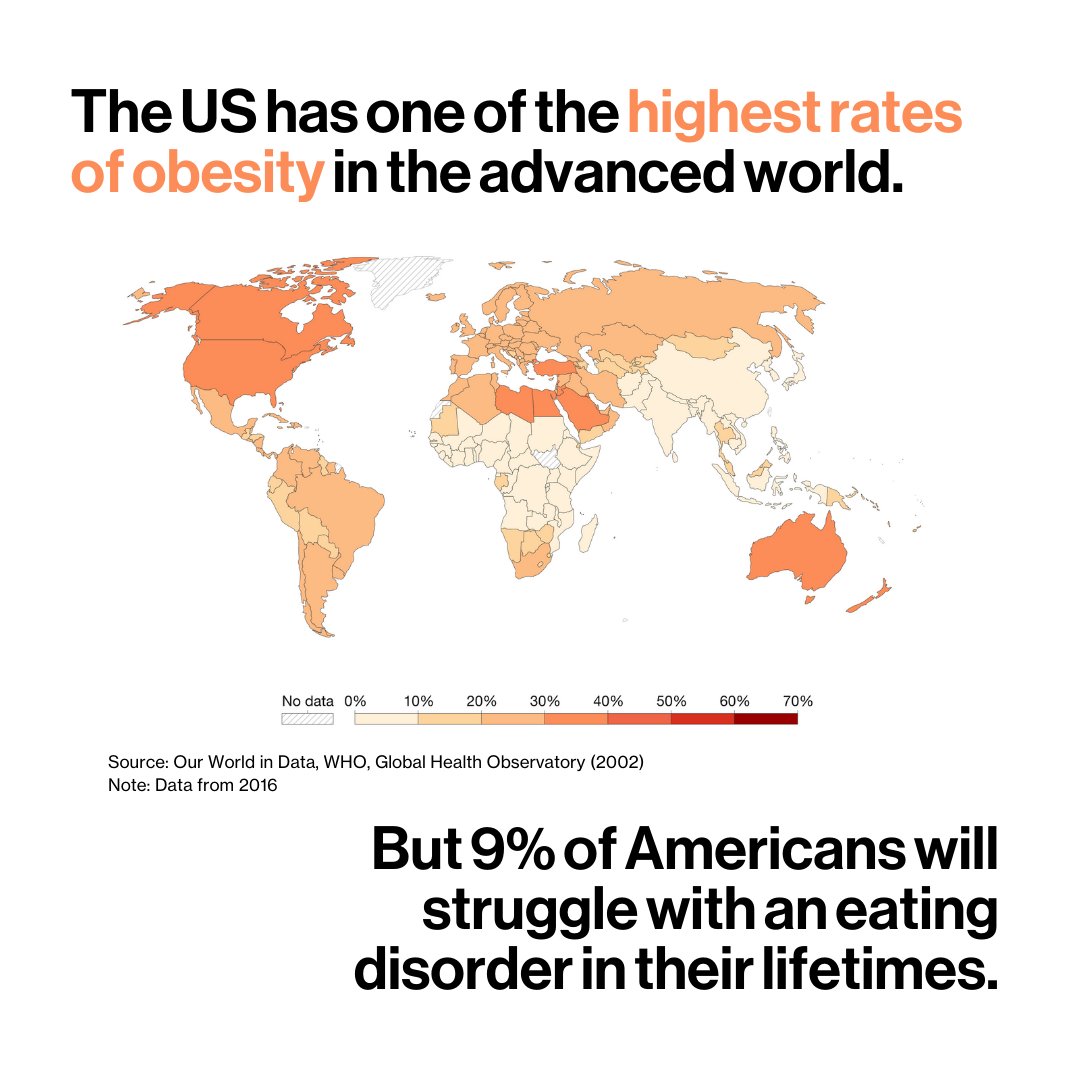Russia has seen a spike in Covid-19 cases over the past two weeks.
But the problem is not the country’s vaccines, which have been available since last year and are effective: It’s vaccine rates bloom.bg/3zEgUKt
But the problem is not the country’s vaccines, which have been available since last year and are effective: It’s vaccine rates bloom.bg/3zEgUKt
Russia’s third wave can be blamed on:
💉The devastatingly slow pace of inoculation
💉A toxic mix of complacency
💉Chronic distrust in authority bloom.bg/3zEgUKt
💉The devastatingly slow pace of inoculation
💉A toxic mix of complacency
💉Chronic distrust in authority bloom.bg/3zEgUKt

The flagship Sputnik V shot, which Moscow used to bolster its standing abroad, has been met at home with skepticism.
It’s an embarrassment for the Kremlin and an unwanted public reminder of the limits of its power bloom.bg/3zEgUKt
It’s an embarrassment for the Kremlin and an unwanted public reminder of the limits of its power bloom.bg/3zEgUKt

Only 10% of Russians have been fully vaccinated.
By contrast, the city of Beijing has fully vaccinated more than 80% of its adults bloom.bg/3zEgUKt
By contrast, the city of Beijing has fully vaccinated more than 80% of its adults bloom.bg/3zEgUKt

Past Covid-19 infections also provide some level of protection — so this third wave may not be as bad.
But the Russian government is going to have to crack vaccine hesitancy to keep from lagging behind a reopening West and a rapidly vaccinating China bloom.bg/3zEgUKt
But the Russian government is going to have to crack vaccine hesitancy to keep from lagging behind a reopening West and a rapidly vaccinating China bloom.bg/3zEgUKt

Russia’s June surge is a warning to other wealthier vaccine laggards.
But it’s a pricklier problem for President Vladimir Putin.
The upbeat all-is-well narrative of the past months makes it harder to convince people to get their jabs now bloom.bg/3zEgUKt
But it’s a pricklier problem for President Vladimir Putin.
The upbeat all-is-well narrative of the past months makes it harder to convince people to get their jabs now bloom.bg/3zEgUKt

Covid-19 vaccines have not been a sufficiently pressing priority.
Now officials will have to tolerate alternative local approaches, as in hard-hit Moscow bloom.bg/3zEgUKt
Now officials will have to tolerate alternative local approaches, as in hard-hit Moscow bloom.bg/3zEgUKt

The Kremlin can silence political opponents — but it can’t quash popular discontent or rapidly fix the distrust that keeps people from inoculation centers.
That will have economic as well as political consequences for Russia bloom.bg/3zEgUKt
That will have economic as well as political consequences for Russia bloom.bg/3zEgUKt

• • •
Missing some Tweet in this thread? You can try to
force a refresh














